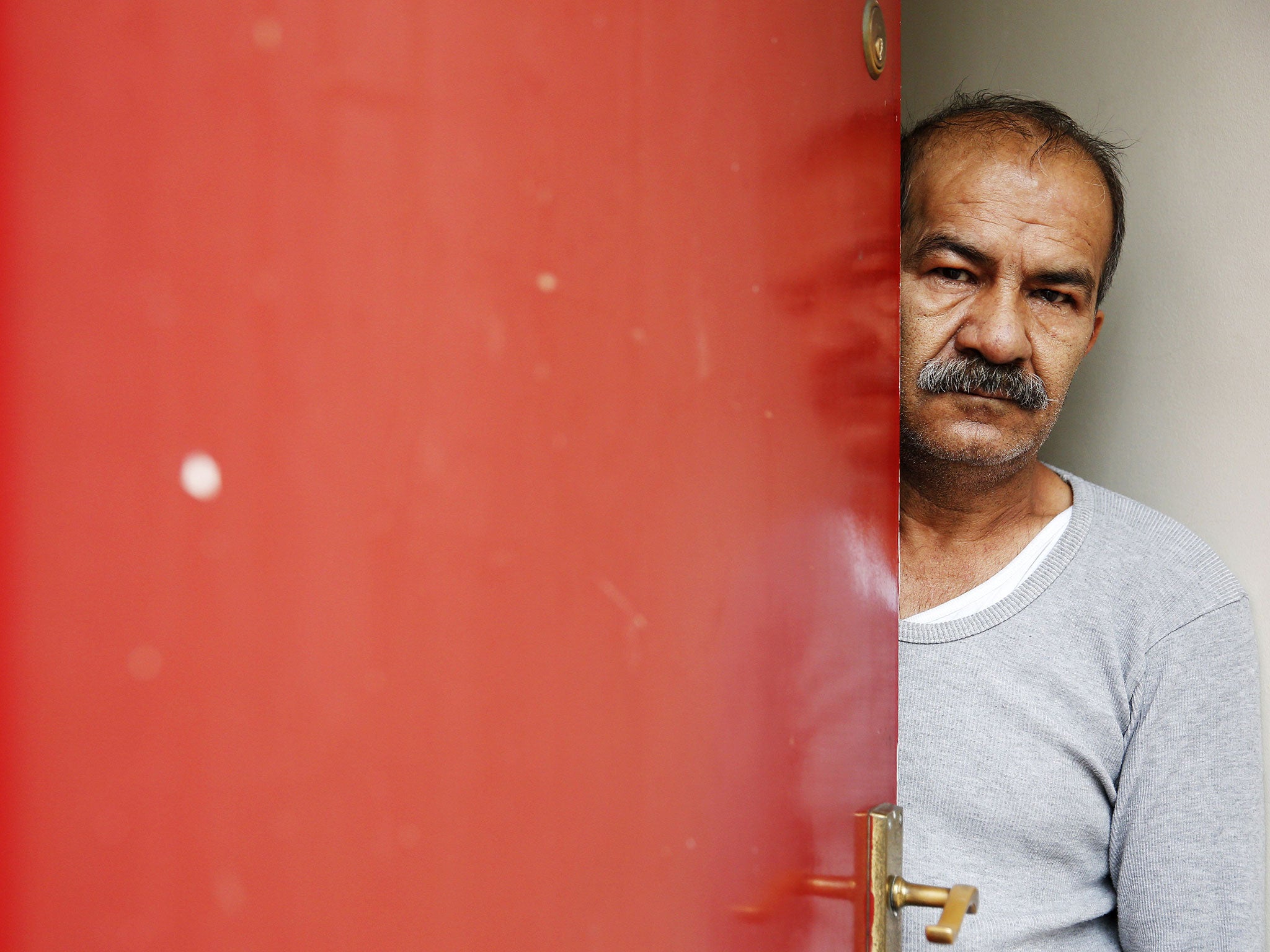It's beyond cruel to scrap the £36-a-week for asylum seekers
A majority of refused asylum-seekers have their case overturned on appeal

Your support helps us to tell the story
From reproductive rights to climate change to Big Tech, The Independent is on the ground when the story is developing. Whether it's investigating the financials of Elon Musk's pro-Trump PAC or producing our latest documentary, 'The A Word', which shines a light on the American women fighting for reproductive rights, we know how important it is to parse out the facts from the messaging.
At such a critical moment in US history, we need reporters on the ground. Your donation allows us to keep sending journalists to speak to both sides of the story.
The Independent is trusted by Americans across the entire political spectrum. And unlike many other quality news outlets, we choose not to lock Americans out of our reporting and analysis with paywalls. We believe quality journalism should be available to everyone, paid for by those who can afford it.
Your support makes all the difference.At a time when conflict and insecurity has forced more people than at any point since the Second World War to flee their homes, the Government’s proposed Immigration Bill threatens to plunge thousands of people seeking safety here in the UK into destitution.
Under the current system, asylum seekers in the UK receive £36 a week, known as Section 95 support, while their application for refugee status is assessed. Families with children who have their case turned down, but who cannot leave the UK - be it because they are from a country recognised by the Home Office as too dangerous to return to, or because they have grounds to put in a new claim – can remain on this statutory support. The Immigration Bill would end this. Those refused asylum would also lose the right to appeal a decision to refuse or discontinue statutory support – despite a majority of these appeals being successful.
Some may believe that reducing asylum support is necessary in order to reduce the incentive for refused asylum seekers to stay in the UK. Our experience, however, tells us that no one is in this situation by choice. Previous attempts to encourage people to leave the UK by withdrawing support have simply led to people disappearing, and shown that most of those who can return home already do.
Research carried out by the Red Cross in South Yorkshire indicates that amongst asylum seekers with no recourse to public funds, two thirds are hungry on a regular basis; while a quarter go hungry every day. Over 60 per cent have no fixed accommodation. Just last week, I met an incredibly brave woman from Democratic Republic of the Congo, who fled the war there only to live in destitution in the UK for seven years, and at one point tried to kill herself.
Destitution is already at unacceptable levels – the British Red Cross supported over 9,000 refugees and asylum seekers who were destitute in 2015, an increase of 15 per cent compared to 2014. From a closer look at our data, in some instances over a quarter of these people have refugee status. The Bill, if left unaltered, could leave thousands more in this situation.
Asylum support is a means of providing a lifeline and some basic dignity to those with no way home. Cutting it, as the Immigration Bill proposes to do, will have a huge humanitarian cost.
Alex Fraser is the Head of Refugee Support for the British Red Cross
Join our commenting forum
Join thought-provoking conversations, follow other Independent readers and see their replies
Comments